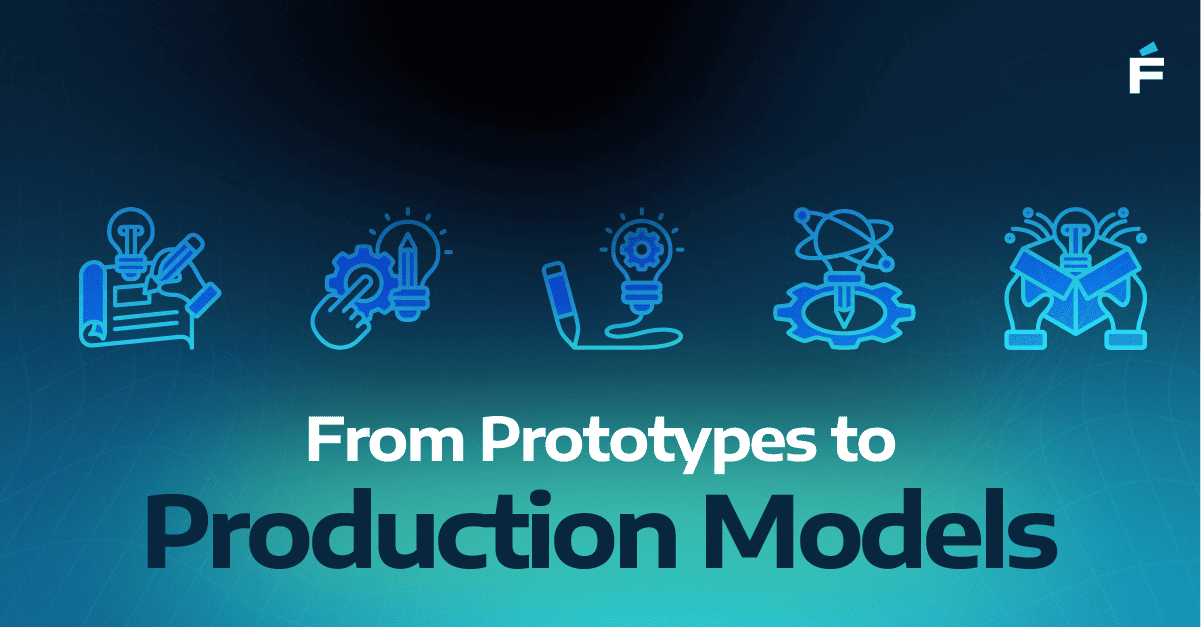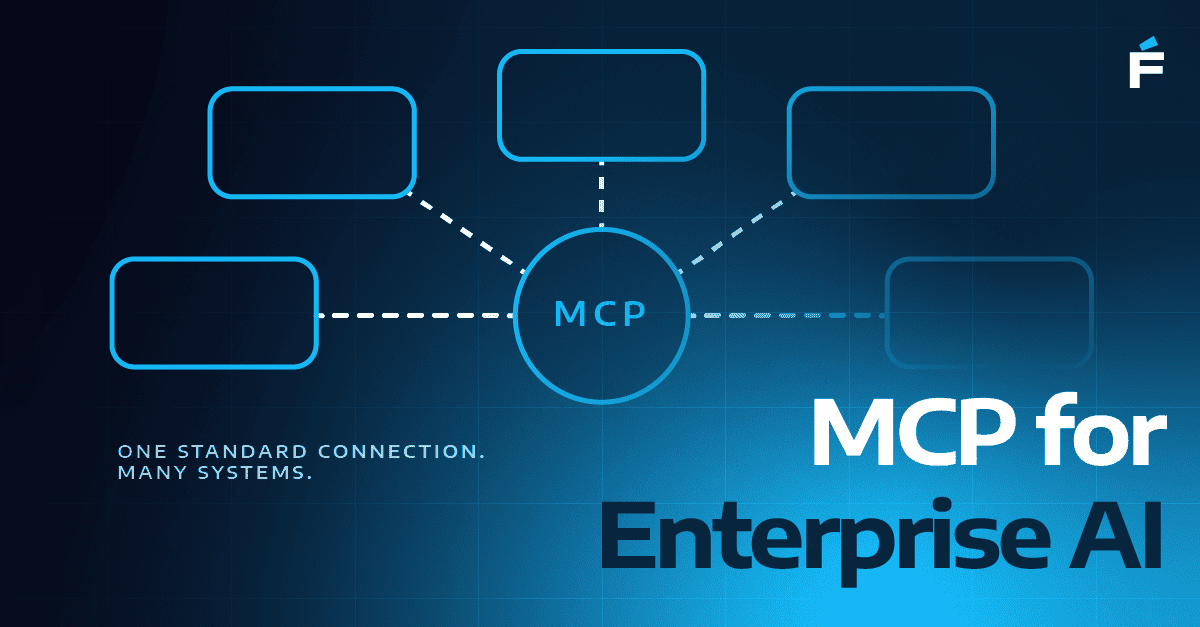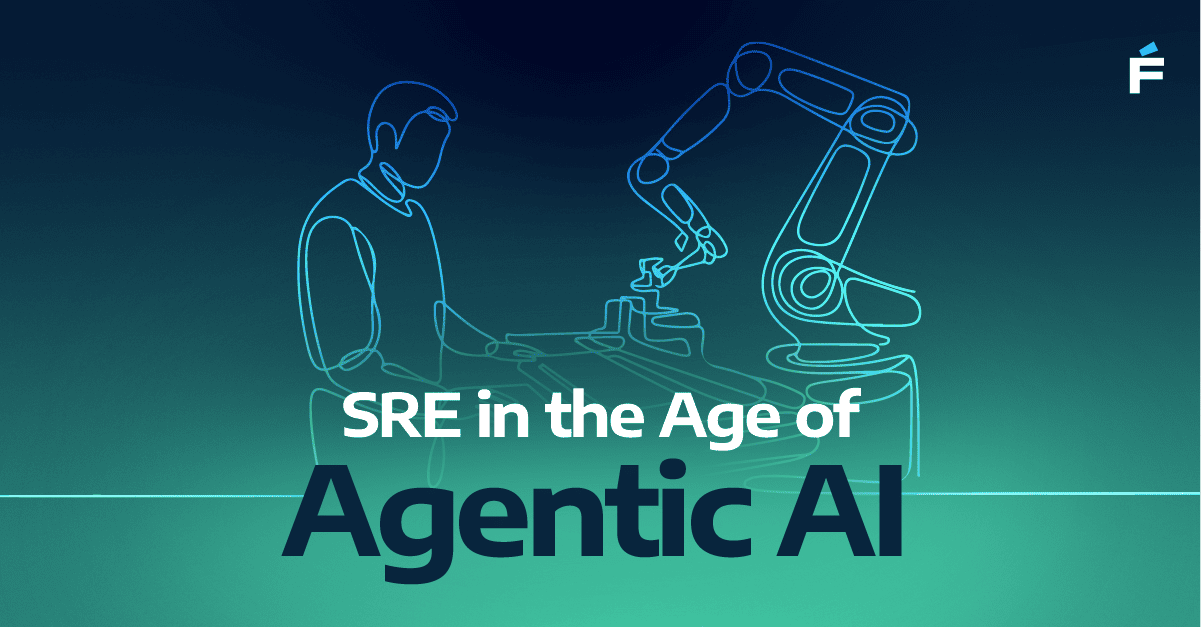This podcast is hosted by Lucas Hendrich, Chief Technology Officer at Forte Group. It is designed to provide insights and varying points of view from CTOs representing different industry sectors, size of company, and overall technical and business challenges. This is meant for both a technical and non-technical audience. .
Each episode will feature insightful and candid conversations with industry trailblazers, who share their real-world experiences, tackle tough challenges, and explore the latest trends that are shaping the future of technology.
Episode 1: GenAI in Software Development: CJ Montano on Revolutionizing the Developer Role
In our premiere episode, Lucas sits down with CJ Montano, CTO and founder of MyHockeyIQ, and board member at Forte Group. With a rich background in software development and his new venture in sports management, CJ brings a wealth of knowledge and unique perspectives on the impact of artificial intelligence (AI) in software development.
These are some of the key takeaways from this episode:
What Makes Generative AI a Game Changer?
AI is already woven into the fabric of modern software development. Tools like ChatGPT and Copilot are increasingly used by developers to automate parts of their workflow, from suggesting snippets of code to generating entire functions. CJ explains, "AI has become more than just a time-saver—it’s a powerful learning tool that helps me build faster and better. For instance, I’ve never written a line of Unity code in my life, but AI tools like Copilot and ChatGPT have become my best friends, helping me cover the gaps."
How Can AI Boost Junior Developers' Learning Curve?
Traditionally, junior developers needed close guidance from senior team members, which could slow down team productivity. But AI is changing that dynamic. CJ believes AI can act as a “safe space” for junior developers to experiment and learn without the fear of asking a senior developer a “dumb question.” This boosts their confidence and accelerates their learning. “AI, in this sense, becomes a mentor—one that’s always available and never judges,” CJ points out.
Can We Trust AI with Junior Developers?
Lucas raises a valid concern: Can you trust a less-experienced developer to use AI effectively without supervision? CJ believes that the key lies in promoting curiosity. While AI can speed up productivity, it should also encourage developers to understand the code they’re generating. “The real value of AI comes not just from automating coding tasks but from helping developers ask the right questions and critically think about why certain code is generated,” says CJ. He adds, "It creates a safe space for them to comprehend versus just generating more garbage code."
How Do We Tackle the Last-Mile Problem in AI-Assisted Code?
Even with AI’s help, coding still has its challenges. The so-called “last-mile problem” refers to the tricky final steps of ensuring that AI-generated code works seamlessly within a project. Compilation issues and code errors can arise, and developers still need to step in to fix these problems. CJ argues that modern development tools like VS Code are sophisticated enough to catch most errors early. “By using tools like Copilot, developers can not only generate code but also learn why certain patterns emerge,” he notes.
What Impact Will AI Have on Software Development Processes?
AI is set to revolutionize traditional software development processes. Agile methodologies may need to adapt to incorporate AI-driven efficiencies in tasks like code reviews, pull requests, and quality assurance. For startups, AI can provide quick feedback and validation, enabling faster iteration and development without large teams or significant investments. “AI allows entrepreneurs to focus on what matters most—getting their product to market,” CJ emphasizes.
What Are the Hidden Risks of AI in Development?
Of course, there are risks involved in using AI for software development. Lucas raises concerns about issues like security vulnerabilities and licensing problems when using AI-generated code. What if AI unintentionally introduces code that violates licensing rules or leaves a project exposed to security breaches? CJ acknowledges these risks but believes that they shouldn’t stop organizations from adopting AI. Instead, companies need to be aware of these potential pitfalls and implement proper governance around AI usage. “While AI might speed up the development process, it’s still crucial to ensure that the code generated is secure, reliable, and legally compliant,” CJ advises.
Will AI Create or Eliminate Developer Jobs?
A popular narrative around AI is that it will replace human jobs, especially in fields like software development. But CJ strongly disagrees with this notion. Rather than cutting down on jobs, AI is likely to create more. By automating repetitive tasks and improving efficiency, AI allows developers to focus on innovation and problem-solving, which will require more human expertise—not less. “AI isn’t about replacing developers; it’s about empowering them to do more complex and creative work,” CJ concludes.
Subscribe and Stay Tuned
We invite you to subscribe to CTO2CTO and join us as we explore the latest trends and innovations in technology. Stay tuned for our next episode, where we’ll dive into another conversation with a leader from the private equity community. Don’t miss out! Subscribe now and be part of the conversation.




